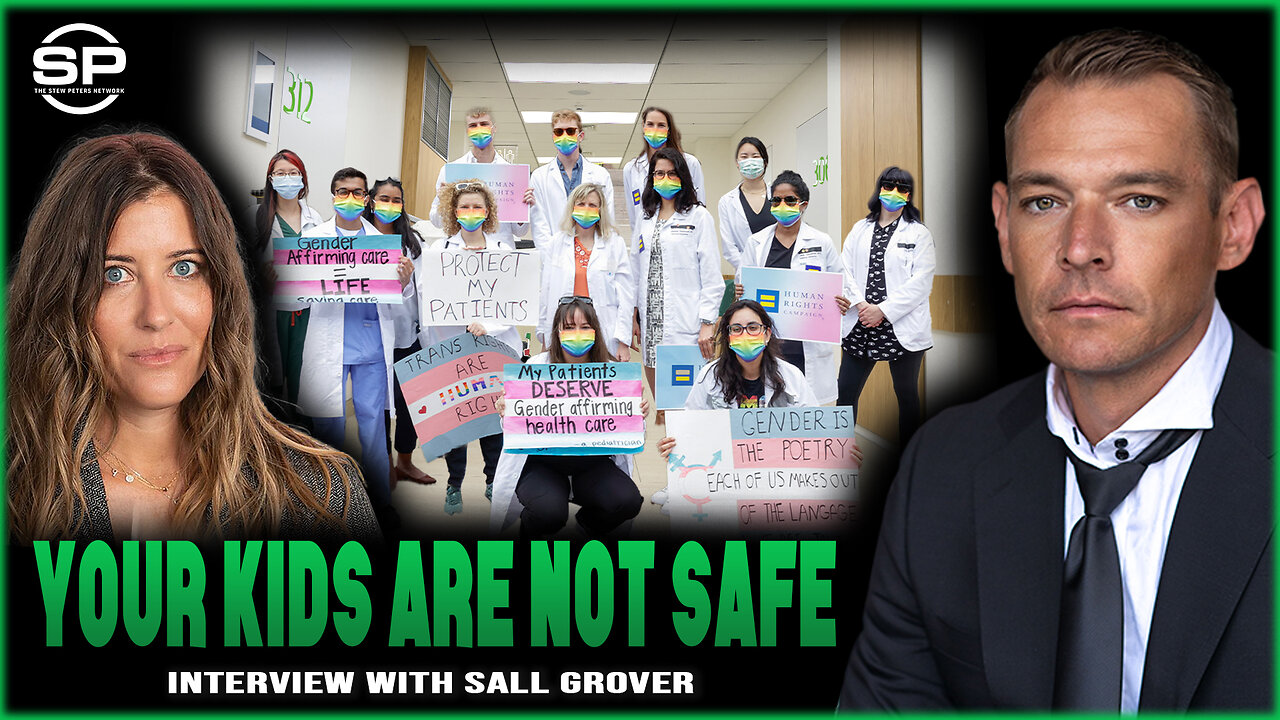
api.bitchute.com
Michael Yon - We Must Prepare for the WORST!
Michael Yon joins Maria Zeee to assess the pattern of tyranny engulfing the world, predicting that people must prepare for the worst, especially over the next few months.
If you would like to support Zeee Media to continue getting the truth out to more people, you can donate via this link:
https://donate.stripe.com/6oEdUL2eF1IAdXibII
Website:
https://www.zeeemedia.com
Buy Stockman Steaks' GUARANTEED mRNA-free, non-GMO, hormone-free meat for your family and support Aussie Farmers today:
https://stockmansteaks.com.au/maria
If you're in Australia, visit Gold Bullion Australia (Gold Stackers) today and consider securing your wealth with Australia's leading supplier of gold and silver bullion:
https://www.goldbullionaustralia.com.au/?utm_source_zeeemedia&utm_medium=banner&utm_campaign=zeeemedia
To prepare you and your household for food shortages, access survival supplies and more, visit our partner Survival Supplies Australia via the link below:
https://www.survivalsuppliesaustralia.com.au/?b7=zeeemedia
Prepare for cyber attacks, power outages and more by ensuring you and your family have alternate communication means through a Satellite phone! Visit the link below:
https://sat123.com/maria/
View Hope & Tivon's EMF protection products and more via this link:
https://ftwproject.com/ref/468
To order Dr. Zelenko's products today, visit the below link, and use referral code MARIAZEEE for 5% off your order:
https://zstacklife.com/?ref=MARIAZEEE
Begin your journey to uncompromised privacy and save up to $500 on Zeee Media Above Phone Bundles. Visit Above Phone: https://abovephone.com/maria/









 Rumble
Rumble




